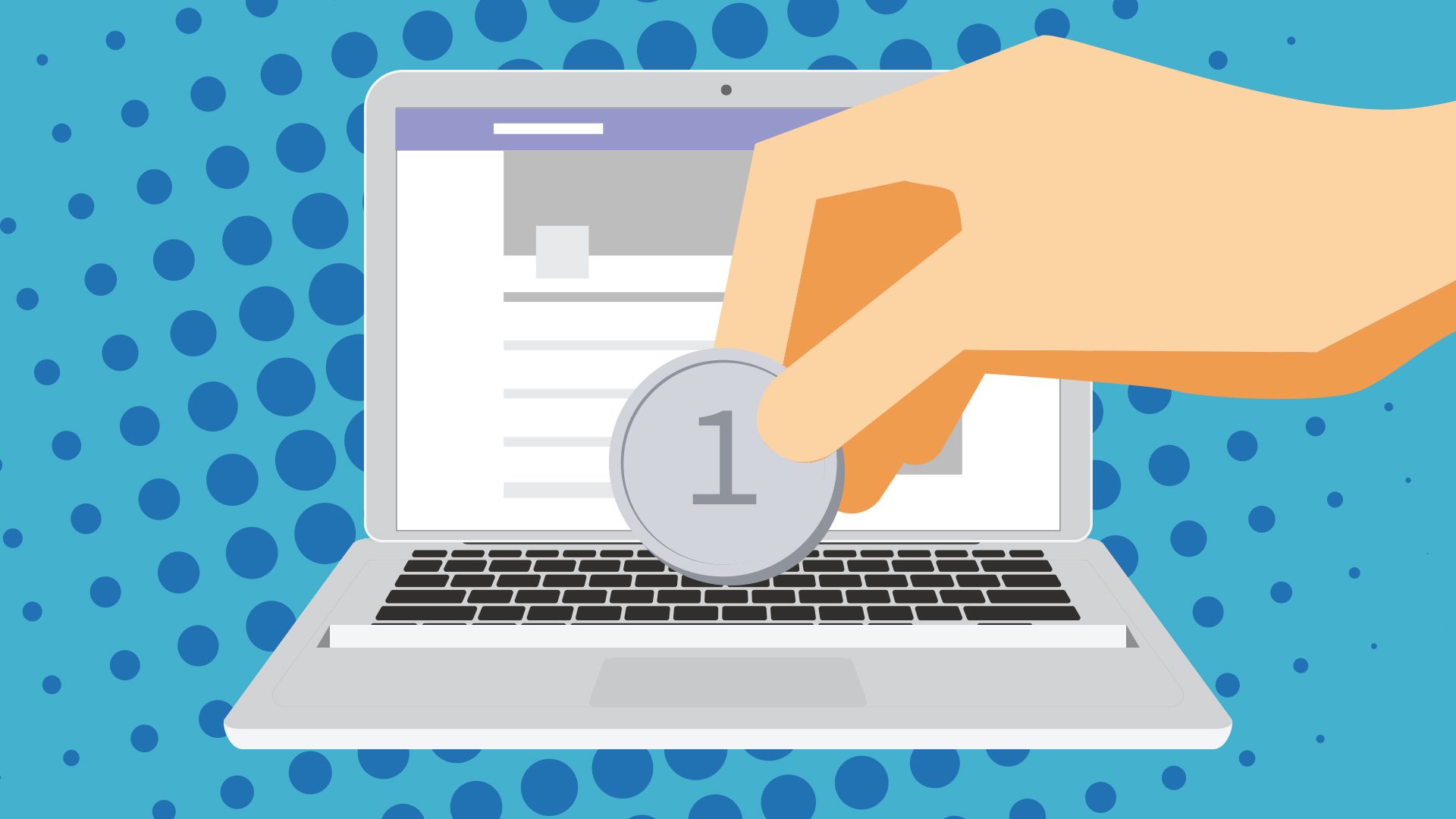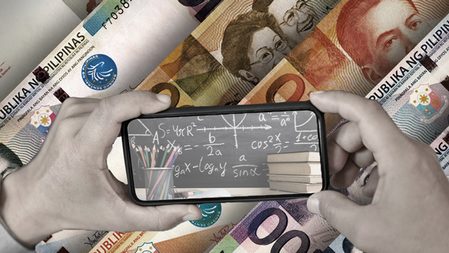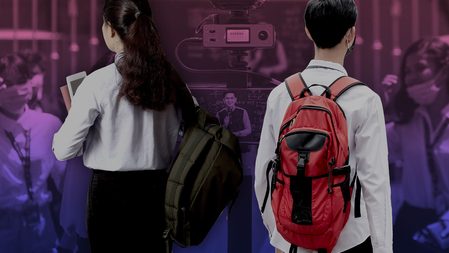SUMMARY
This is AI generated summarization, which may have errors. For context, always refer to the full article.

As colleges and universities are set to reopen in August, students are seeking help on social media so they could buy laptops or gadgets needed for their online mode of learning.
Using #PisoParaSaLaptop, students are asking for a peso which will be coursed through GCash, a digital wallet app. (READ: How to help students in need cope with distance learning)
To prove that they are students, some are sending donors their school IDs and grades during the last semester.
Lack of resources for 5,600 UP students
On July 21, the University of the Philippines (UP) launched Kaagapay, a donation drive that aims to help its students with the technological demands of online learning.
UP said that almost 5,600 students of the university may not be able to continue their education for the coming school year due to lack of resources.
“They cannot afford the technology and tools that have now become integral to learning. Around 1,600 of them have no resources at all. For at least 4,000 more, sustained use of technologies is no longer feasible because the pandemic has rendered their households financially vulnerable,” UP said.
Here’s how you can donate:
- You may donate pre-owned or brand new laptops and computers via designated drop-off centers in UP campuses
- You may donate cash or electronic funds through over-the-counter or secure digital payment gateways through http://kaagapay.up.edu.ph
On July 10, Commission on Higher Education (CHED) Chairman Prospero de Vera III said that universities and colleges are ready to open classes in August even if the country is dealing with the coronavirus pandemic.
According to De Vera, “flexible learning,” which will be implemented this year, is not new.
“Flexible learning” for higher education institutions involves a combination of digital and non-digital technology, which CHED says doesn’t necessarily require connectivity to the internet. (READ: During pandemic, student climbs a mountain to send class requirement)
According to De Vera, universities and colleges have the freedom to choose what mode would be effective for them.
Some of them would be using pure online or pure modular, while others are combination of the two, De Vera said.
But the story on the ground is different.
Numerous posts on Facebook and Twitter have gone viral, showing Filipino students climbing trees, or even mountains, just to get a good internet signal for their classes when some areas in the country were placed on lockdown mid-March. Such posts have outraged both netizens and student groups who have called out educational institutions for prioritizing academic output over student welfare.
Many students and groups have also called for an “academic freeze” as the country fights the pandemic. They pointed out that the coronavirus lockdown affected household finances, and many Filipinos don’t even have access to a computer or the internet.
De Vera had proposed to move to the 2nd semester subjects that require the physical presence of students.
With colleges and universities opening classes in August, the second semester is expected to start in January 2021. – Rappler.com
Add a comment
How does this make you feel?



![[OPINYON] Tungkol sa naging viral na social media conjecture](https://www.rappler.com/tachyon/2024/07/thought-leaders-conjecture-07262024.jpg?resize=257%2C257&crop_strategy=attention)

![[EDITORIAL] Apat na taon na lang Ginoong Marcos, ‘di na puwede ang papetiks-petiks](https://www.rappler.com/tachyon/2024/07/animated-bongbong-marcos-2024-sona-day-carousel.jpg?resize=257%2C257&crop=280px%2C0px%2C720px%2C720px)

There are no comments yet. Add your comment to start the conversation.